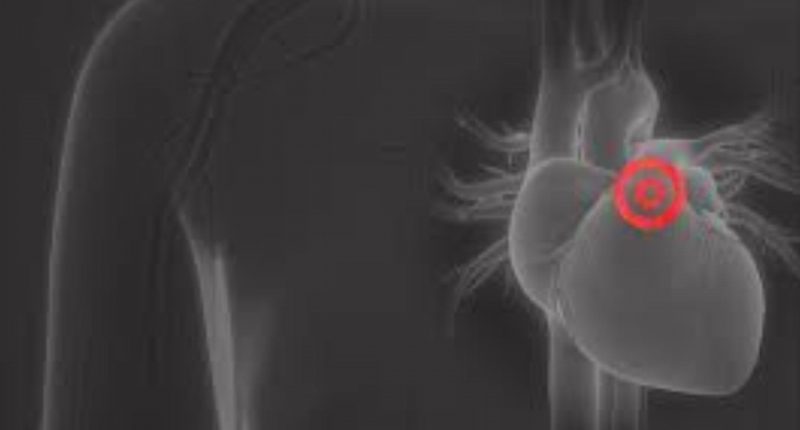- Nyrada (NYR) releases its results of a study run by Duke University researchers using select candidates from the company’s PCSK9 inhibitors family of compounds
- The objective of the study was to determine if the inhibitors reduce inflammation in vascular cells in the early phases of atherosclerosis
- The PCSK9 inhibitors showed to block the early stages of atherosclerotic plaque progression which helps advance the company’s understanding of PCSK9
- The researchers from the university’s Pratt School of Engineering intend to publish the findings of the study in a peer-reviewed paper
- Shares in Nyrada end the day 3.03 per cent in the green to close at 17 cents
Nyrada (NYR) has released its initial results of a study run by Duke University researchers using select candidates from the company’s PCSK9 inhibitors family of compounds.
The objective of the study was to determine if the inhibitors reduced inflammation in vascular cells in the early phases of atherosclerosis.
The PCSK9 inhibitors showed to block the early stages of atherosclerotic plaque progression, including preventing monocyte adhesion and suppression of inflammatory cytokines, both of which are key mediators of the disease process.
Commenting on the study, Nyrada Chief Scientific Officer Dr Benny Evision said the research allowed for the function of PCSK9 to be fully explored beyond its known role in regulating LDL-cholesterol metabolism in the liver.
“This research is important because it advances the understanding of PCSK9 and its function in the body (and) broadens our understanding of the mode of action of Nyrada’s drug,” he said.
“Given that atherosclerotic plaque build-up is a major cause of cardiovascular disease, the opportunity to therapeutically target this disease in its early stages is highly encouraging.”
The model is based on novel human tissue-engineered blood vessels (TEBVs) that replicate naturally occurring blood vessels outside of the body.
Duke researchers used a gene-editing tool called CRISPR to generate TEBVs that produce high levels of PCSK9, enabling a detailed analysis of the role of PCSK9 in the development of atherosclerosis.
The results were presented at the North American Vascular Biology Organisation (NAVBO) 2022 Vasculata conference in North Carolina by the researchers from the university’s Pratt School of Engineering.
The researchers intend to publish the findings of the study in a peer-reviewed paper.
Shares in Nyrada ended the day 3.03 per cent in the green to close at 17 cents.








